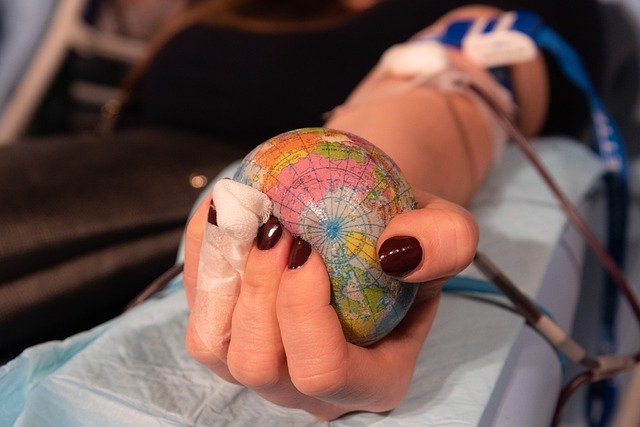Looking for Free Dental Implants? Here's How!
Dental implants don't just improve your smile--they can boost your confidence, too. The high cost, though, often amounting to thousands of dollars, can be a major obstacle. Luckily, organizations like Aspen Dental and various nonprofits offer free or low-cost implant programs for those in need. Here's how to find and take advantage of these valuable resources, making dental care more affordable.

What is Aspen Dental’s Free Dental Care Program?
Aspen Dental, a nationwide network of dental practices, offers a Free Dental Day program that provides free dental care to those in need. While this program doesn’t specifically focus on dental implants, it can be a valuable resource for seniors seeking general dental care. On designated days, Aspen Dental offices across the country provide free services such as cleanings, fillings, and extractions. While implants may not be included, addressing other dental issues can be an important step towards overall oral health.
Are There Other State-Specific Programs for Dental Implants?
Many states offer their own dental assistance programs for seniors and low-income individuals. These programs vary widely in terms of coverage and eligibility requirements. For example, some states may offer reduced-cost dental services through their Medicaid programs, which could potentially cover part of the cost of dental implants. It’s essential to check with your state’s Department of Health or local Office on Aging to learn about specific programs available in your area.
Which Nonprofit Organizations Offer Free Dental Implants?
Several nonprofit organizations dedicate their efforts to providing free or low-cost dental care, including dental implants, to those in need. The Dental Lifeline Network, for instance, runs a Donated Dental Services (DDS) program that connects volunteer dentists with eligible patients for comprehensive dental care, which may include implants in some cases. Another organization, America’s Dentists Care Foundation, supports free dental clinics across the country where implant services might be available.
What Government Programs Are Available for Dental Care?
While Medicare generally doesn’t cover dental implants, there are other government programs that might help. The Veterans Affairs (VA) dental care program, for example, may cover dental implants for eligible veterans. Additionally, some Community Health Centers funded by the federal government offer dental services on a sliding fee scale based on income. While these centers may not always provide implants, they can be an excellent resource for affordable dental care and potential referrals to specialized services.
How Can Dental Schools Help with Low-Cost Implants?
Dental schools can be an excellent option for seniors seeking affordable dental implants. Many dental schools operate clinics where students, under the supervision of experienced dentists, provide a range of dental services at reduced costs. While the treatment may take longer due to the educational nature of these clinics, the quality of care is typically high, and the savings can be substantial. Some dental schools even have specific programs or partnerships focused on providing dental implants to seniors at discounted rates.
What Are the Real Costs and Options for Dental Implants?
When considering dental implants, it’s important to understand the potential costs and available options. While prices can vary significantly depending on location, provider, and individual needs, here’s a general overview of dental implant costs and alternatives:
| Option | Provider Type | Estimated Cost Range |
|---|---|---|
| Traditional Dental Implants | Private Practice | $3,000 - $4,500 per implant |
| All-on-4 Implants | Specialized Clinics | $15,000 - $30,000 per arch |
| Dental School Implants | Dental Schools | $1,500 - $2,500 per implant |
| Mini Implants | Various Providers | $500 - $1,500 per implant |
| Nonprofit Organization Implants | Charitable Programs | Potentially free or low-cost |
Prices, rates, or cost estimates mentioned in this article are based on the latest available information but may change over time. Independent research is advised before making financial decisions.
While free dental implants are rare, there are numerous ways to significantly reduce the cost. By exploring options such as nonprofit organizations, government programs, dental schools, and state-specific initiatives, seniors can find more affordable paths to restoring their smiles. It’s important to research thoroughly, consult with dental professionals, and consider all available options to find the best solution for individual needs and financial situations.
This article is for informational purposes only and should not be considered medical advice. Please consult a qualified healthcare professional for personalized guidance and treatment.




